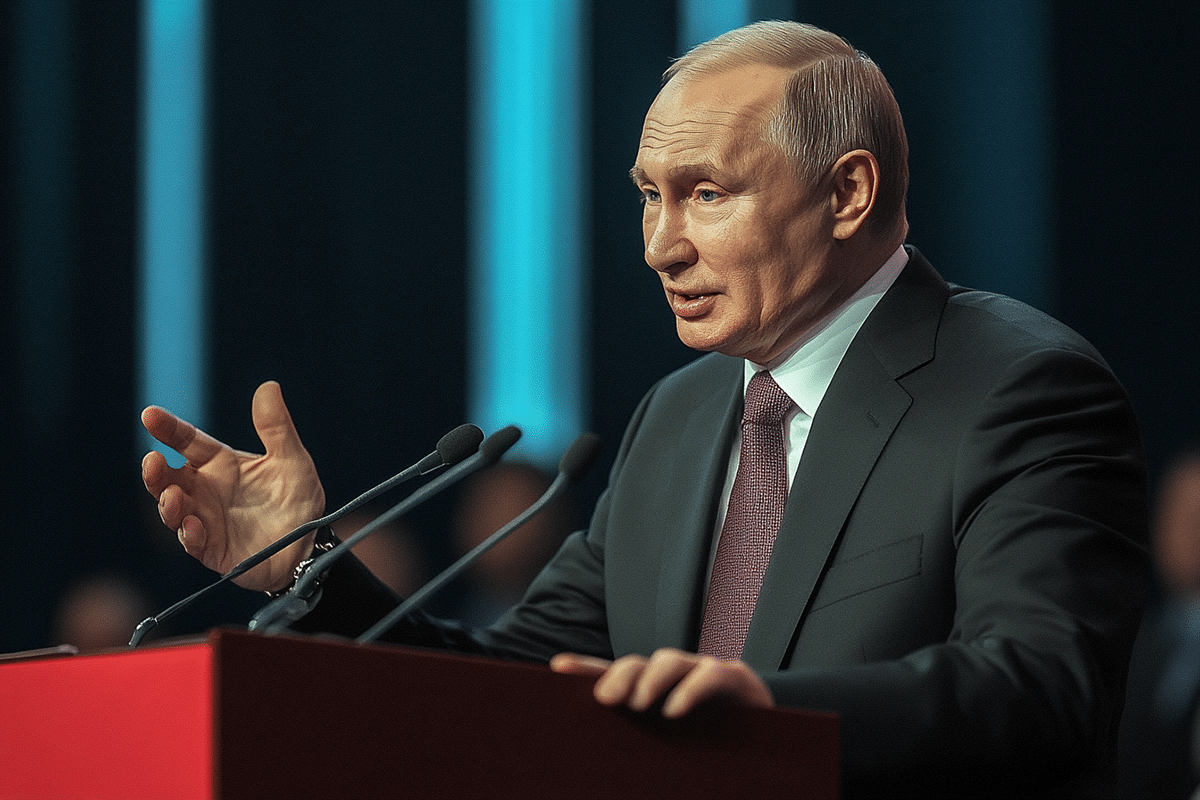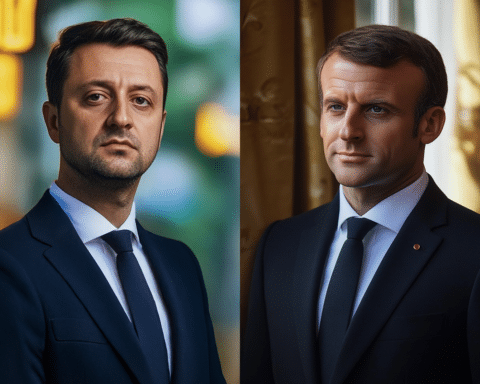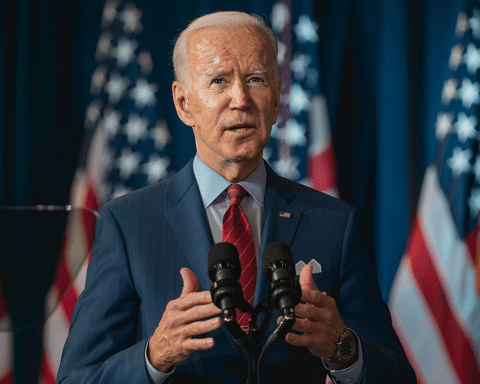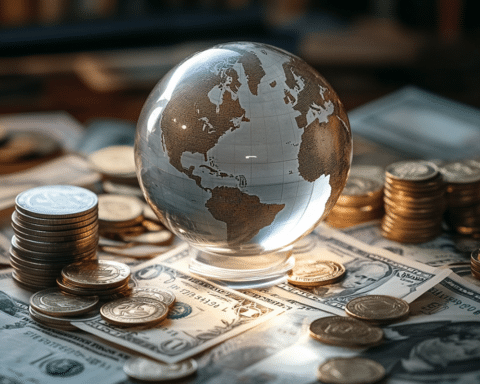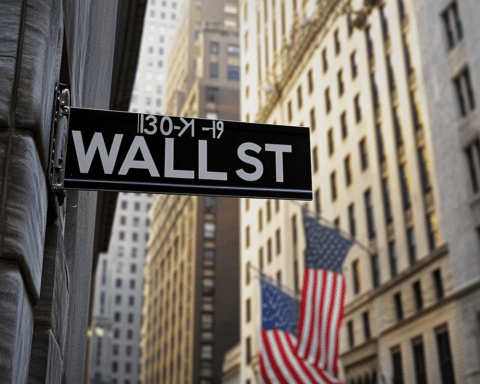In his annual marathon news conference, Russian President Vladimir Putin projected confidence in Russia’s military and economic strength, claiming that the country has become much stronger over the past few years, particularly due to its ongoing military operation in Ukraine. Speaking for over 4 1/2 hours, Putin used the tightly controlled event to reaffirm his authority and present a united front on both domestic and international fronts.
Putin emphasized that Russia’s intervention in Ukraine, which began in 2022, has bolstered the nation’s military and economic power. He asserted that if he had the chance to make the decision again, he would have launched the military operation earlier, ensuring that Russia could have better prepared for it. According to Putin, the country has emerged as a “truly sovereign” power, with a military capability now positioned as the strongest in the world. He also touted Russia’s economic resilience, despite the challenges posed by the conflict and sanctions.
In addressing concerns over Russia’s military technologies, Putin mocked claims by Western experts who suggested that Russia’s newly tested hypersonic missile could be intercepted by NATO air defenses. He challenged the West to a “high-tech duel,” proposing a hypothetical scenario where NATO air defense systems could try to defend Kyiv from a missile strike. This challenge, made with a dry smile, underscored his confidence in Russia’s weapons and military prowess.
Despite this bravado, Russia has faced a series of setbacks in Ukraine, including slow progress on the battlefield and the recent assassination of Lt. Gen. Igor Kirillov in Moscow. Ukraine has claimed responsibility for the brazen attack, which was seen as a direct blow to Russia’s security apparatus. Putin acknowledged the assassination as a “major blunder” and called for Russia’s security agencies to learn from the incident and improve their operations. He also mentioned ongoing battles in Kursk, a Russian region where Ukrainian forces have launched incursions. While expressing confidence that Russian forces would eventually drive out the Ukrainians, he declined to provide a specific timeline for their success.
Putin also addressed the possibility of peace talks, reiterating Russia’s willingness to engage in negotiations with Ukraine. He expressed openness to potential discussions with U.S. President-elect Donald Trump, who has pledged to work toward ending the conflict in Ukraine. However, Putin made it clear that any talks should be based on the current “situation on the ground” and insisted that Ukraine must renounce its bid to join NATO and recognize Russia’s territorial gains.
Beyond the conflict in Ukraine, Putin was asked about his relationship with Syrian President Bashar al-Assad, who has found himself increasingly isolated following his fall from power in Syria. Despite acknowledging the challenges posed by Assad’s downfall, Putin maintained that Russia’s goals in Syria had been achieved, particularly the destruction of terrorist groups. He also noted that Israel emerged as a major beneficiary of Assad’s downfall, with Israeli forces now stationed in southern Syria. However, he remained optimistic about Russia’s ability to maintain influence in the region, offering to facilitate humanitarian aid through Russian-controlled bases in Syria.
On domestic matters, Putin faced questions about the state of Russia’s economy and social issues. Despite inflation at 9.3% and high consumer prices, he assured the public that the economy was on track to grow by nearly 4% for the year. He acknowledged challenges such as a shortage of doctors, rising mortgage costs, and low pensions, but maintained that the situation remained “stable.” The conference also touched on broader societal debates, with Putin defending the ongoing display of Lenin’s body in Red Square, suggesting that removing it could cause division in Russian society.
As the conference drew to a close, it was clear that Putin had used the occasion not only to assert his control over Russia’s political and military direction but also to portray the country as resilient in the face of both external pressure and internal challenges. The highly orchestrated event, which fielded more than 2 million questions from the public, served as a reminder of Putin’s command over Russia’s public discourse, with issues ranging from foreign policy to the cost of living taking center stage.

